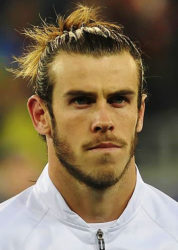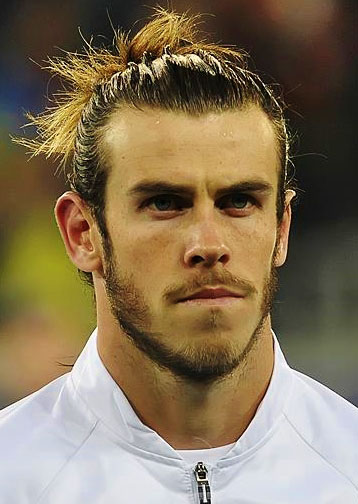LONDON, (Reuters) – Wales will move higher than their richer rivals and neighbours England when the new FIFA rankings are announced after Euro 2016, the first sign for what, many predict, will be a bright future after they made history at the tournament.
Playing in their first finals since 1958, the Welsh reached the last four of a major tournament for the first time and are expected to move up close to the top 10 countries in the world rankings.
Playmaker Gareth Bale is among those who believes the success story will continue, especially since many of the players who lost 2-0 to Portugal in the semi-finals are coming into their prime.
“We can be a better side from it. We’ve grown in confidence, we’ve grown in stature and I think we’ll be more respected,” he said. “We can hold our heads high and give it a right go again.
“Our hunger is there more than ever to get back (to major tournaments). It hurts now but we’ve enjoyed it and we feel there’s still a lot more to come.”
“There’s more improvements from us and come the World Cup qualifiers – which are not too far away – we’ll get back to working hard and doing what we do best.”

Age is on their side. Bale and midfielder Joe Allen are 26 and the talented Aaron Ramsey is a year younger at 25. Defenders Neil Taylor and James Chester are 27 while Ben Davies, also at the back, is only 23.
More seasoned campaigners captain Ashley Williams (31) and midfielder Joe Ledley and goalkeeper Wayne Hennessey (both 29) will also be around for the 2018 World Cup campaign which begins in September.
The Welsh have been drawn in a group which includes fellow Euro 2016 finalists Austria and Ireland, plus Georgia, Serbia and Moldova.
But there are other reasons for optimism and hope that this run of success can continue.
For years Wales produced some of Britain’s most talented players such as John Charles, Ian Rush, Mark Hughes and Ryan Giggs, all of whom would have walked into the England teams of the day. But as a team, the country was unsuccessful.
That has now changed. While manager Chris Coleman must take much of the credit for that, the seeds of revival were sown by a previous manager John Toshack on taking over the national team for the second time in 2004.
The former Liverpool and Wales forward dismissed a generation who had failed to live up to expectations and put his faith in youth, giving 14 of the squad who appeared at Euro 2016 their debut. Together they have grown up together.

